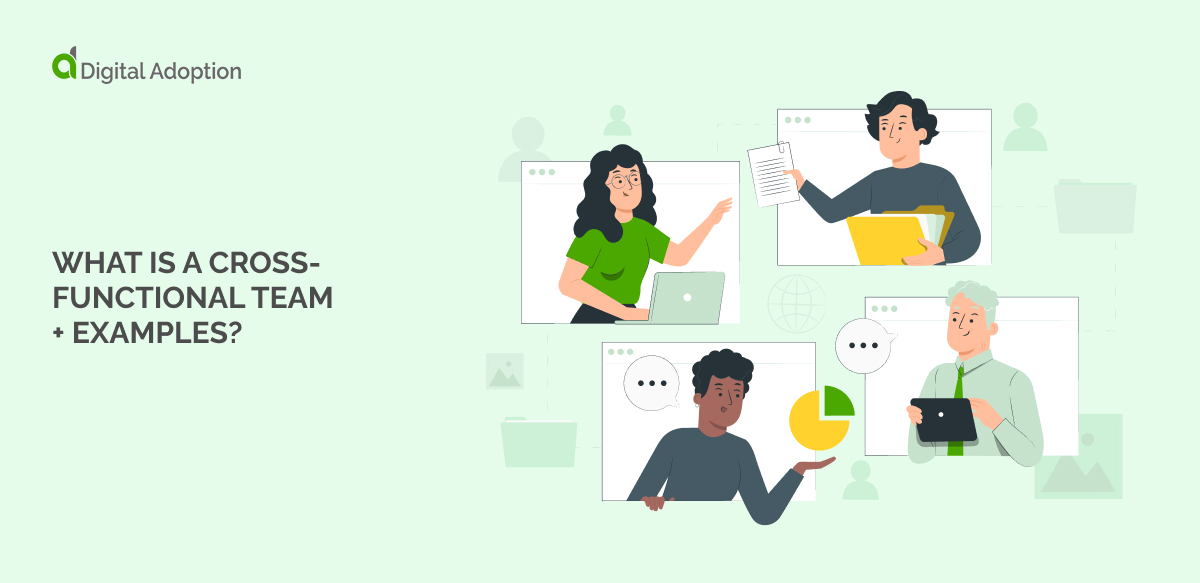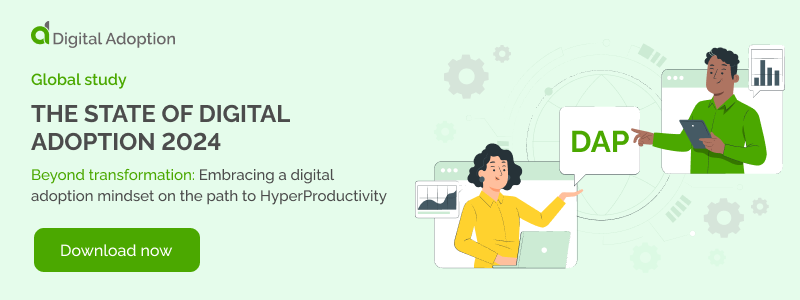Natural language processing (NLP) training can be an excellent way to learn both fundamental and advanced NLP techniques.
In the years ahead, AI and other innovative technologies will become commonplace, making courses that focus on AI topics, such as NLP, a very profitable investment.
But which course is the best one?
In this post, we’ll compare some of the most popular online NLP certifications, courses, and training providers – hopefully, the information here can help you decide which course is the right fit for your needs.
8 Natural Language Processing (NLP) Training Courses
Here are a few of the most popular online NLP training options available today:
1. Coursera
Coursera offers a range of courses from major providers and universities such as the University of Michigan, DeepLearning.AI, HSE university, and more.
Their training covers specialized topics such as sentiment analysis or text mining, as well as general introductions to the basics of NLP.
2. Udemy
Udemy also offers a wide selection of courses that cover both specialized and general NLP topics.
Since their courses are often on sale, they can be quite affordable.
The quality of the courses depends on the teacher, but the Udemy review system makes it easy to assess the value of a course.
3. Udacity
Udacity’s nanodegrees are a good option for those who are serious about a career in NLP.
Their nanodegrees, including the one that focuses on NLP, Provide a comprehensive introduction two NLP concepts and techniques.
They also offer additional benefits such as career advice and support.
4. Codecademy
Codecademy has a “skill path” devoted to NLP – that is, a collection of courses dedicated to NLP.
Their NLP path covers topics including machine learning, Python, regular expressions, as well as specific packages and tools for implementing NLP.
Those interested can try out the skill path for free but the pro option requires payment.
5. CloudxLab
CloudxLab has a certification course on NLP that covers key artificial intelligence topics including artificial neural networks, tensor flow 2, Python, and more.
It’s hands-on, making it ideal for those who like to learn by doing.
Also, since students receiving certificate upon completion, this course can be useful to have on one’s resume.
6. DataCamp
DataCamp has another basic introduction to NLP.
It covers core NLP techniques and topics including word tokenization, regular expressions, named entity recognition, and more.
Students can try the course for free but they have to pay if they want to access full content.
7. Intel
Intel offers a course that focus specifically on NLP and Intel architecture.
This course covers topics such as tokenization, topic modeling, as well as broader topics such as machine learning.
8. Educative
Educative Is a platform it offers a wide variety of courses on topics including NLP, machine learning, and AI.
Their NLP course Includes dozens of lessons, challenges, and playgrounds – or live coding environments.
This course is designed around practical skills and workflows that are used in the industry, making it a good choice for those who interested in career development.
Which NLP Training Option Is Right for You?
Not all NLP courses are created equal – as we can see from the list above, some are designed for those interested in becoming career professionals. Others are useful for more experienced programmers, making them valuable as employee training. And yet others are introductions aimed at new students, with little background in NLP or programming. Also, some includes certifications while others do not.
Here are a few points to consider when evaluating these courses:
Cost. Everyone has a budget, so it is important to evaluate yours before investing in a course. Other factors that may impact the cost is how the course will be used. For example, those pursuing a career in NLP can use the course to generate more income. Over time, therefore, the tuition will pay for itself.
Target audience. Who is the target audience? As noted, some courses are designed for career professionals, others complete beginners, and others are geared towards intermediate students.
Certification. Certification can be valuable for those just starting out their career in data science, machine learning, or NLP. Having that stamp on one’s resume can demonstrate a level of competency, whereas simply having taken a course cannot. On the other hand, for those with more real-world experience, certification and training would be unnecessary.
Timeframe. Many online courses are provided on demand, making them ideal for today’s busy student or professional. Others are designed to be spread out over a series of weeks. Bear this in mind and consider your own schedule and time demands.
Format. Also, bear in mind that different courses have different teaching methods. Some use live coding environments. Others include on-demand lectures. And yet others, such as those offered by universities, include live lectures.
Content. Last, but by no means least, is the matter of the actual content of the course. Today’s learner may come into a course with any variety of background knowledge, so only a percentage of the course content may be relevant.
Taking all of these into account, it should be relatively easy to narrow down the list of options to a shortlist that meets your specific needs.















